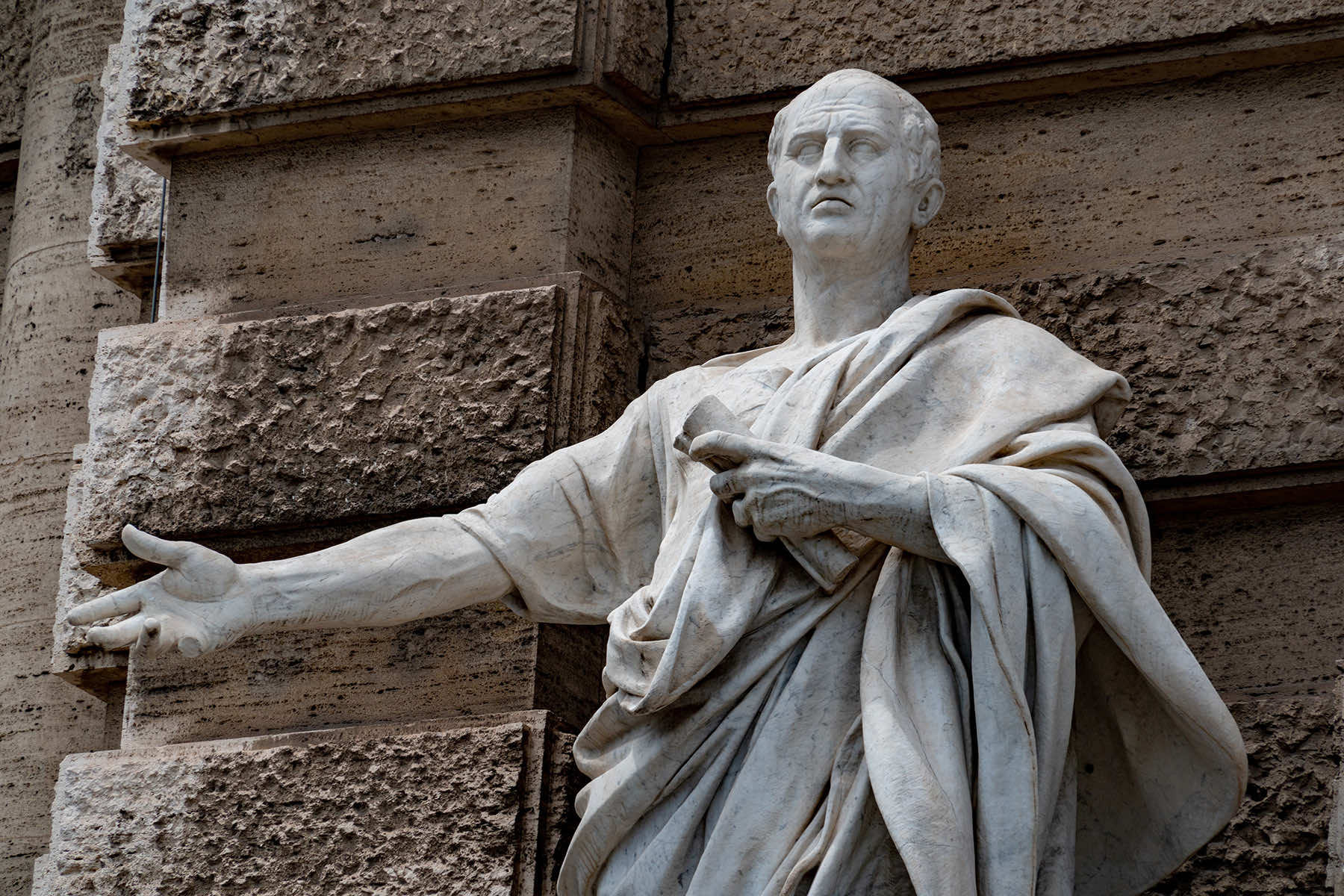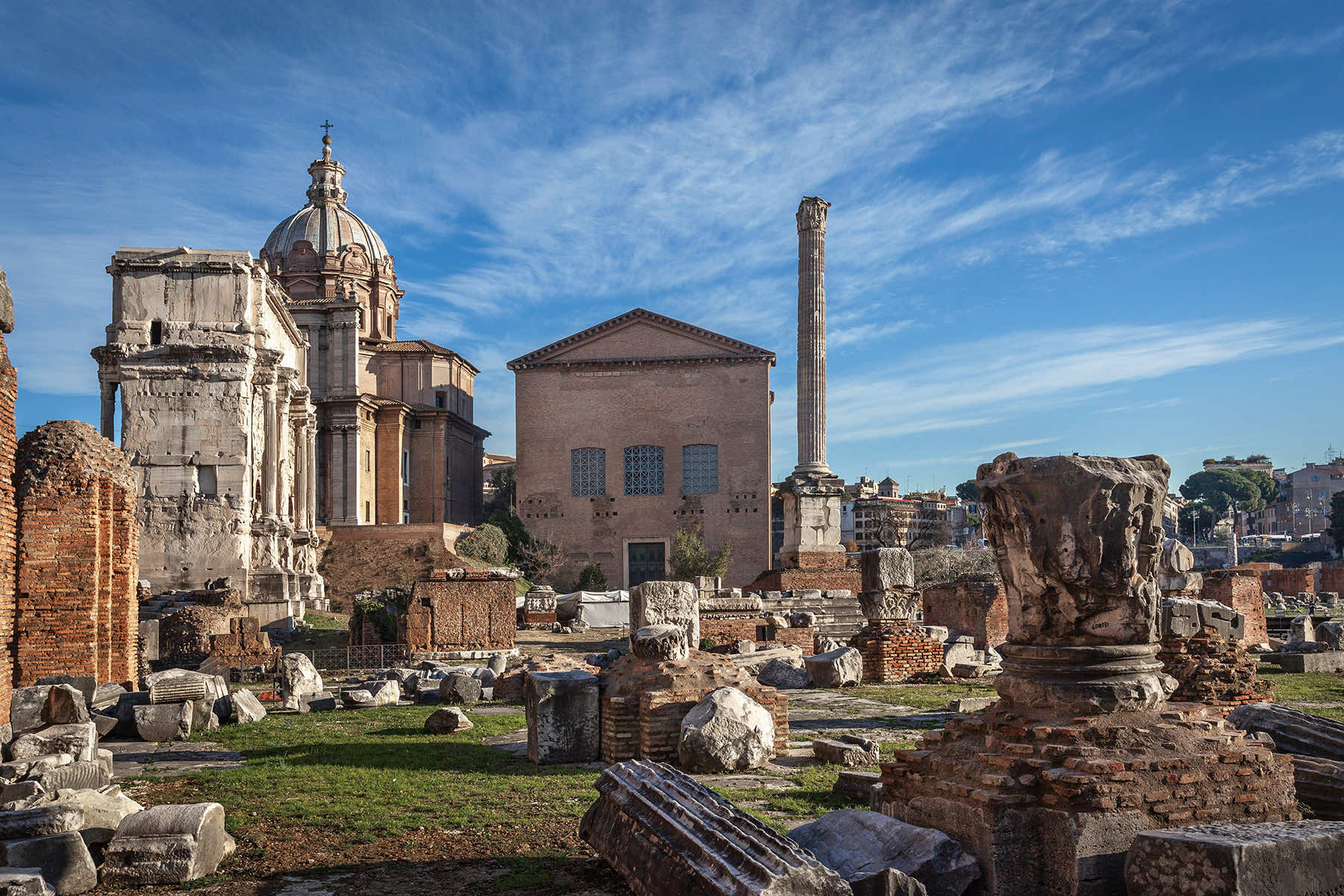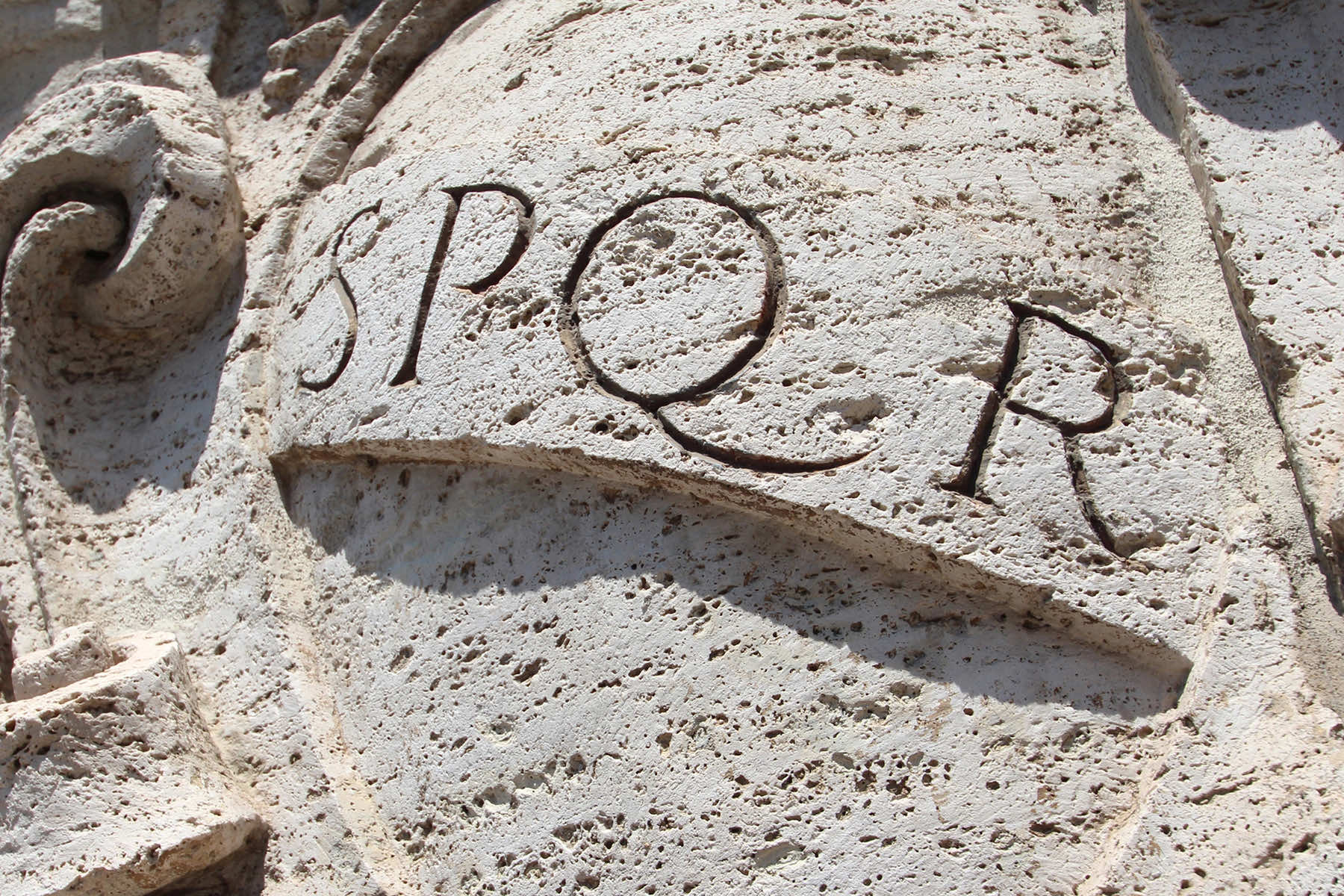
As the United States of America continues to experience internal challenges, a historical parallel with ancient Rome, where democracy gave way to autocracy, seems more relevant after the re-election of convicted felon Donald Trump as the nation’s 47th president.
As Americans reflect on the outcome of the 2024 presidential election when the majority of voters supported a candidate who promised to become a dictator on his first day in office and promoted a plan to centralize his absolute power with “Project 2025,” historians and political scientists were quick to draw comparisons to the Roman Republic.
“I think historians will be studying this story for decades, if not centuries. We normalized a sociopath. We normalized a criminal. We became used to a person who has no belief in the rule of law, no belief in democracy, no belief in anything unless he wins, and no belief in anything other than himself. He’s the classic demagogue that the framers thought they were safeguarding against with the mechanism of the Electoral College. But you can’t fully protect the constitutional system with checks and balances. Ultimately, it can’t stop a free people from voting for someone who might take away their freedoms or their democracy or someone who misleads and lies their way to high office. Unfortunately, this has happened in other democracies throughout human history, and it’s never good.” – George Conway, conservative political commentator
Rome’s transformation from a democracy to an empire ruled by a single emperor serves as a cautionary tale, highlighting how internal pressures, social divides, and desires for the perception of stability can undermine democratic principles in favor of concentrated power. While America’s political landscape is unique, the path Rome took from representative government to autocracy offers timeless lessons about the fragility of democratic institutions.
ROME’S PATH FROM REPUBLIC TO EMPIRE
The Roman Republic was founded in 509 BCE, a revolutionary departure from the monarchy tradition that had ruled before. The Republic emphasized shared governance through a Senate and elected magistrates, and power was divided to prevent any single leader from holding too much influence. Though only a minority of Romans could vote – typically free, land-owning men, the Republic was structured on the principles of representation, debate, and civic responsibility.
“SPQR” was inscribed on public buildings, monuments, official documents, and military standards, symbolizing the unity and shared power between the governing Senate and the citizens of Rome. SPQR stands for the Latin phrase “Senatus Populusque Romanus,” which translates to “The Senate and People of Rome.”
The phrase symbolized the Roman Republic’s government, representing the collective authority of both the Senate (Senatus) and the Roman people (Populusque Romanus). It became a lasting emblem of Roman statehood and civic identity.
However, by the first century BCE, Rome began to show signs of strain under the pressures of expansion, inequality, and factionalism. Power started to concentrate among wealthy aristocrats, leading to the rise of populist leaders who promised reforms and a redistribution of power and resources to the common people.
Among these leaders, Julius Caesar emerged as a prominent figure, exploiting social divides and promising to restore Rome’s glory. Caesar’s popularity and political alliances led him to accumulate extraordinary power, culminating in his appointment as “dictator for life” in 44 BCE.
His assassination later that year was intended to restore the Republic, but instead it triggered a series of civil wars, ultimately leading to the establishment of the Roman Empire under Caesar’s adopted heir, Augustus.
Augustus, though careful to preserve the appearance of republican institutions, held ultimate authority, effectively making him Rome’s first emperor. The Senate remained, but it served primarily to legitimize his rule rather than provide meaningful checks and balances.
Rome’s transition from a republic to an empire demonstrated how democratic systems can gradually be dismantled from within, as citizens increasingly value the perception of order and strong leadership over shared governance.
AMERICA’S TEETERING DEMOCRACY IN 2024
The outcome of the 2024 U.S. presidential election has left many Americans grappling with a similar dilemma: balancing democratic principles against the appeal of a strong leader. Just as Romans were drawn to Caesar’s promises of reform and order, many Americans today feel disillusioned with traditional politics and are drawn to a grifter like Trump who claims to stand outside the political establishment.
Even though Trump embodies the definition of corruption, many Americans see him as a savior to restore America’s glory, echoing the false beliefs of Romans from centuries ago. A key factor in both Rome’s transformation and contemporary America’s shift lies in social and economic divides.
In Rome, widening economic inequality and a growing disconnect between elites and ordinary citizens fueled populist appeals. Today, similar divides can be seen in rural and urban America, as well as between different socio-economic classes. Trump’s failed management of the COVID-19 pandemic that killed millions and Russia’s dictator Putin who launched a brutal war against Ukraine created global economic instability.
But the endless campaigns of disinformation by MAGA Republicans, concerns over cultural changes, and skepticism toward established institutions created fertile ground for anti-establishment rhetoric. These grievances provide a foundation for leaders who, like Caesar and Trump, promise sweeping changes and a return to a stronger nation.
EROSION OF DEMOCRATIC NORMS AND INSTITUTIONS
Rome’s shift from republic to empire was not marked by an abrupt overthrow but by a gradual erosion of norms and institutions. That pattern is also a warning for American democracy. The willingness to bypass traditional processes, disregard democratic principles, or consolidate power under a single leader can over time undermine the very foundation of a republic.
In the U.S., recent years have seen growing challenges to democratic norms, including attacks on the integrity of elections, attempts to limit voting rights, and efforts to undermine the judiciary and other checks on executive power – including the free press.
The language of “us versus them” has polarized the nation, creating a political environment where loyalty to Trump takes precedence over loyalty to the Constitution or democratic principles. These shifts mirror the Roman experience, where political divisions and appeals to loyalty paved the way for a centralized figure to replace democratic rule.
The 2024 election is seen by many as a culmination of this trend, as Americans increasingly turn to a leader who promotes an environment of hate and exceptionalism at the expense of human decency. Such desires resonate with the Roman experience, where the instability and factionalism of the late Republic led citizens to embrace Augustus as a solution, viewing his centralization of power as a necessary step toward stability.
THE FRAGILITY OF DEMOCRATIC SYSTEMS
A core lesson from Rome is that democracies, once destabilized, can be difficult to restore. Once citizens become accustomed to a powerful, centralized leader, the allure of autocratic stability can be hard to reverse. In Rome, Augustus carefully maintained the façade of republican institutions, but his successors increasingly disregarded them. The Senate, once a vibrant body of debate, became a ceremonial institution that rubber-stamped the emperor’s decisions.
In America, the erosion of democratic norms risks setting a similar precedent, where institutions that once balanced power might be weakened, and reduced to symbolic roles. If Americans continue to prioritize Trump and the autocratic future he promises over democratic checks, the mechanisms designed to prevent abuse of power will be lost. Trust in those institutions is essential to their functioning. Without it, the groundwork for a more authoritarian system is emboldened.
LESSONS AND WARNINGS FOR AMERICA
The U.S. still has advantages that Rome lacked, including a written Constitution, a robust legal system, and a deeply ingrained commitment to freedom and rights. But these advantages can only protect democracy if citizens and leaders actively uphold them. When Americans allow party loyalty or personal allegiance to overshadow constitutional principles, they risk moving away from democracy and toward authoritarian governance.
To avoid repeating Rome’s path, Americans must recommit to the foundational principles of democracy: respect for the rule of law, trust in fair elections, protection of individual rights, and balance of power. This requires vigilance, public engagement, and a willingness to hold corrupt leaders like Trump accountable, regardless of their popularity or promises.
For those concerned about the future, Rome’s history is a reminder that the health of a democracy depends on the character of its citizens as much as its leaders. If the people value democracy only when it produces favorable outcomes, they inadvertently weaken it. True democracy demands a dedication to principles over personalities, and resilience against the temptations of power.
“Somewhere in the world there is defeat for everyone. Some are destroyed by defeat, and some made small and mean by victory. Greatness lives in one who triumphs equally over defeat and victory.” – John Steinbeck
© Photo
Andrea Izzotti, Cortyn, Mhgstan, and Mjols84 (via Shutterstock)



















